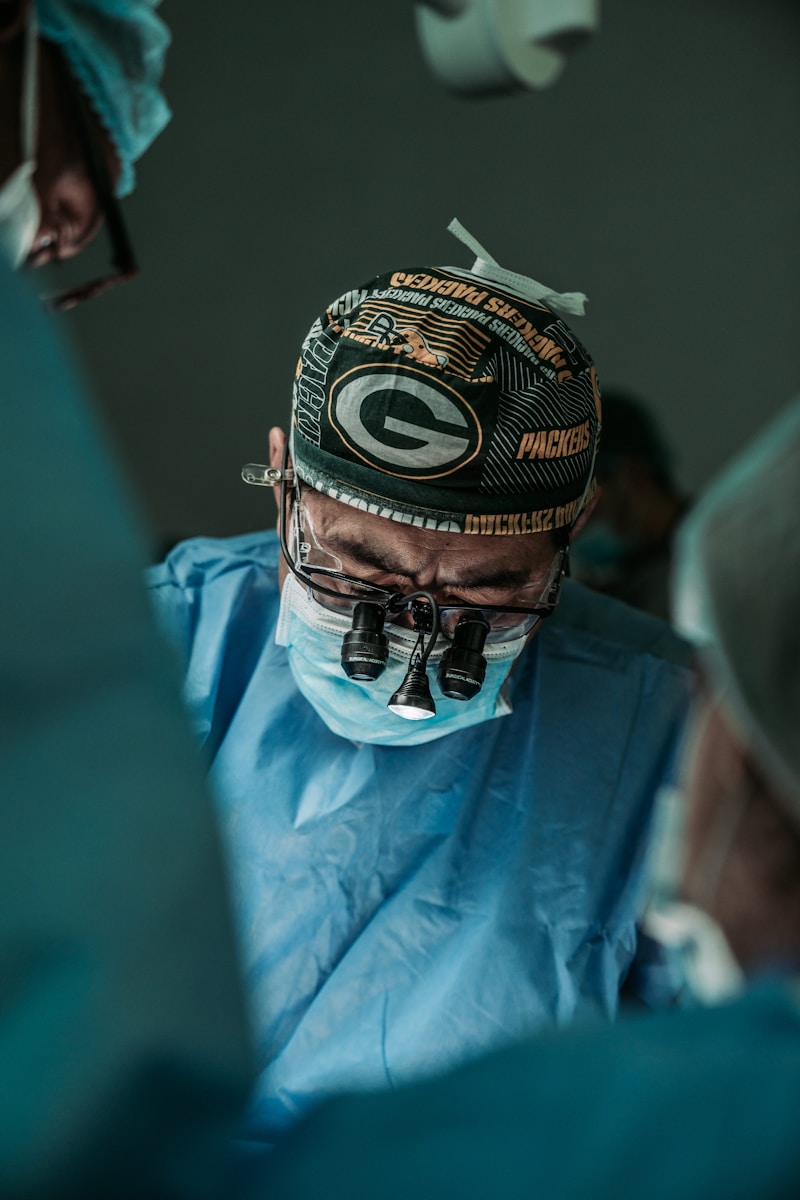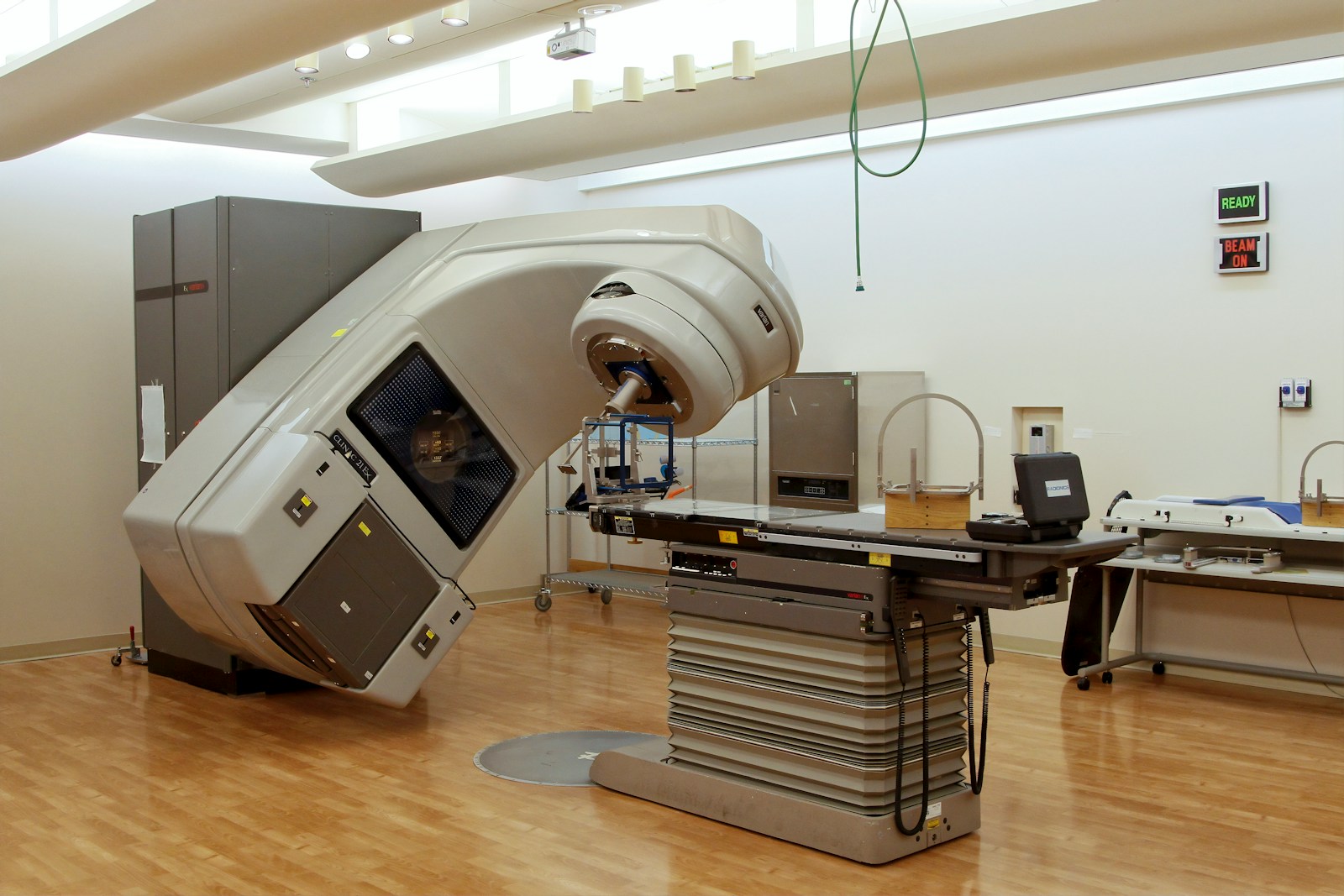Key Takeaways from Case Studies on Digital Twins in Surgery
The Transformative Role of Digital Twins in Surgical Training
Digital twins for simulating surgical procedures have emerged as a groundbreaking tool in the medical field, particularly in the training of surgeons. These digital replicas of physical entities allow for precise simulations of surgical procedures, providing invaluable hands-on experience without the risks associated with real-life surgeries. By leveraging this technology, medical professionals can enhance their skills in a controlled, safe environment.
Case studies from renowned healthcare institutions in Saudi Arabia and the UAE illustrate the significant impact of digital twins on surgical training. In Riyadh, for instance, a leading hospital implemented digital twins to simulate complex cardiac surgeries. This initiative not only improved the technical skills of surgeons but also increased their confidence in performing high-stakes procedures. Similarly, in Dubai, digital twins have been used to train surgeons in minimally invasive techniques, resulting in reduced learning curves and improved patient outcomes.
The integration of digital twins in surgical training programs also facilitates continuous learning and skill development. Surgeons can revisit simulations to refine their techniques and explore different approaches to challenging cases. This iterative learning process is critical in a field where precision and expertise are paramount.
Improving Patient Outcomes Through Enhanced Surgical Simulations
The use of digital twins for simulating surgical procedures goes beyond training; it significantly enhances patient outcomes. By allowing surgeons to plan and practice surgeries in a virtual environment, digital twins help to reduce the likelihood of complications and improve surgical precision. This is particularly beneficial for complex and high-risk surgeries where even minor errors can have serious consequences.
In Riyadh, digital twins have been utilized to simulate neurosurgical procedures, providing surgeons with detailed insights into the patient’s unique anatomy and potential challenges. This level of preparation has led to more accurate and successful surgeries, reducing recovery times and improving overall patient satisfaction. Similarly, in the UAE, digital twins have played a crucial role in orthopedic surgeries, enabling surgeons to achieve better alignment and fit for prosthetic implants.
Furthermore, digital twins support personalized medicine by tailoring surgical plans to the individual needs of patients. By creating a virtual model based on the patient’s specific anatomy and health conditions, surgeons can customize their approach to optimize outcomes. This personalized approach is a significant advancement in patient care, aligning with the broader goals of modern healthcare systems in Saudi Arabia and the UAE.
Challenges and Future Prospects of Digital Twins in Healthcare
Despite the clear benefits of digital twins for simulating surgical procedures, there are challenges that need to be addressed to fully realize their potential. One of the primary concerns is the integration of digital twin technology with existing healthcare systems. This requires significant investment in technology infrastructure and training for medical professionals to effectively use these tools.
Data security and patient privacy are also critical considerations. The use of digital twins involves the collection and analysis of vast amounts of patient data, necessitating robust cybersecurity measures to protect sensitive information. Ensuring compliance with healthcare regulations and standards is essential to maintain trust and confidentiality.
Looking ahead, the future of digital twins in healthcare appears promising. Advances in artificial intelligence and machine learning will further enhance the capabilities of digital twins, enabling more sophisticated and accurate simulations. The integration of real-time data from wearable devices and other health monitoring tools will also improve the fidelity of digital twins, providing even more detailed and dynamic representations of patients’ health.
Conclusion
In conclusion, the use of digital twins for simulating surgical procedures represents a significant leap forward in medical training and patient care. Case studies from Saudi Arabia and the UAE demonstrate the transformative impact of this technology in enhancing surgical skills and improving patient outcomes. While there are challenges to overcome, the future of digital twins in healthcare is bright, with continued advancements poised to revolutionize the field. As healthcare systems in Riyadh, Dubai, and beyond continue to embrace digital innovation, digital twins will play an increasingly vital role in shaping the future of surgery and medical training.
#DigitalTwins #SurgicalTraining #HealthcareTechnology #DigitalHealth #ArtificialIntelligence #MedicalInnovation #SaudiArabia #UAE #Riyadh #Dubai #ExecutiveCoaching #Leadership #ProjectManagement









